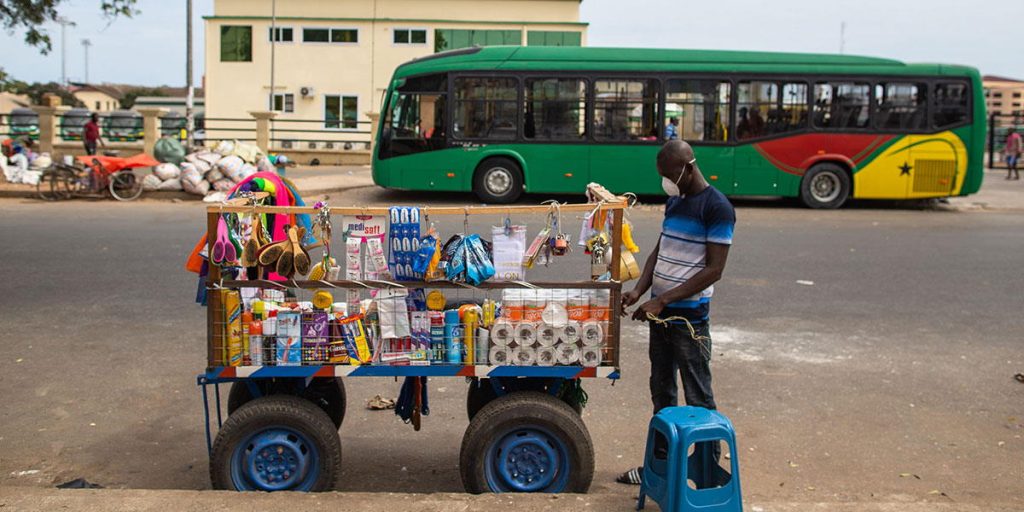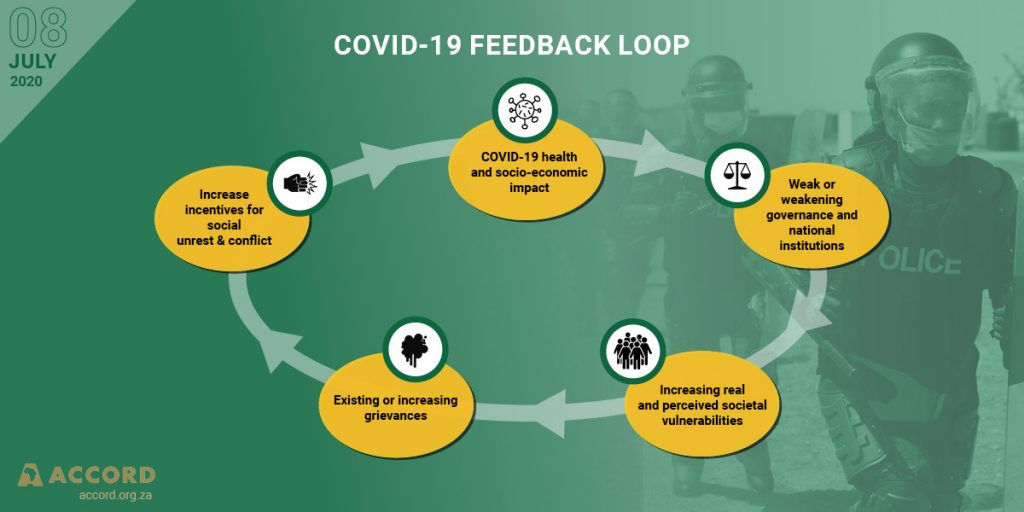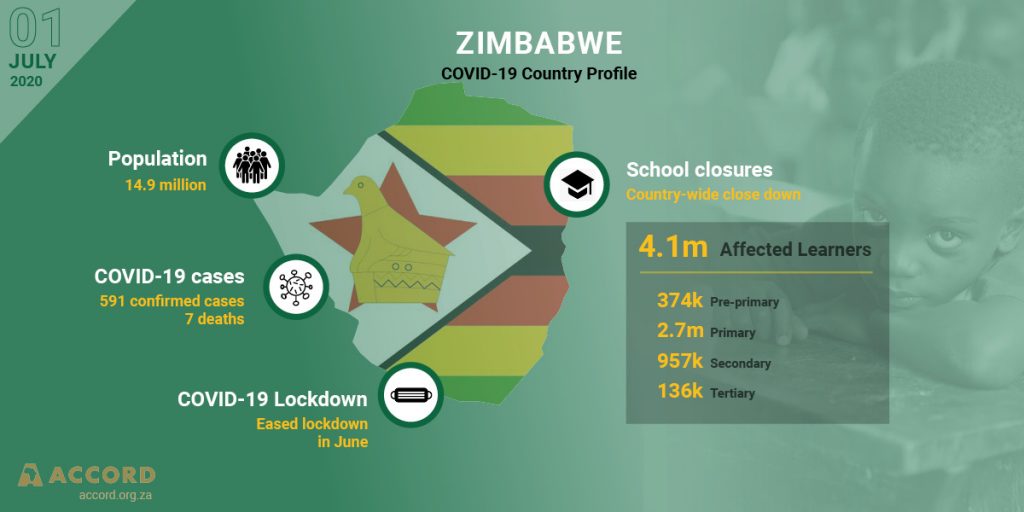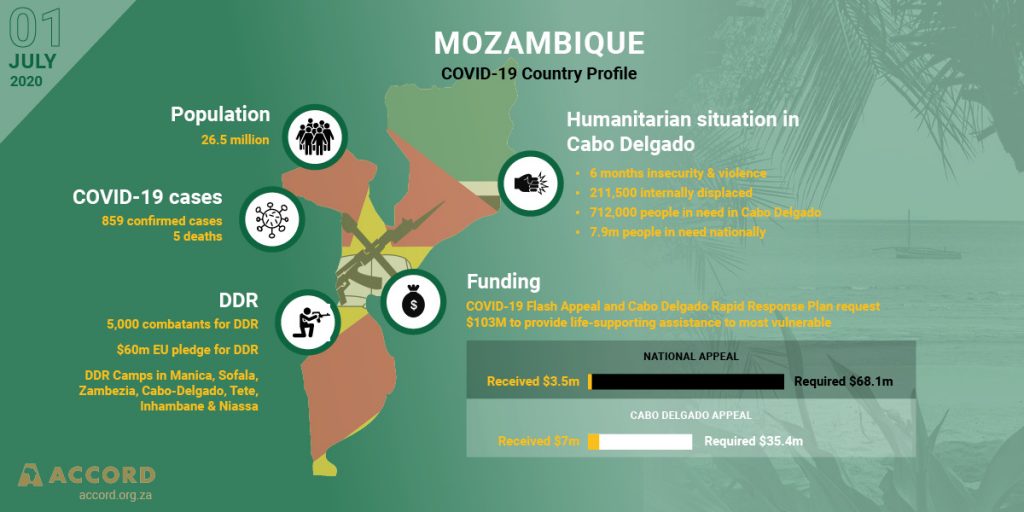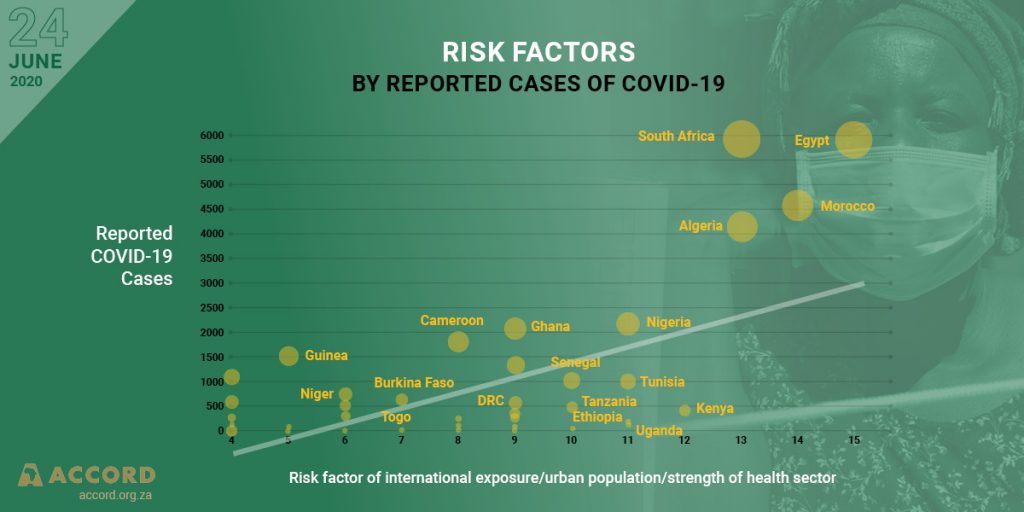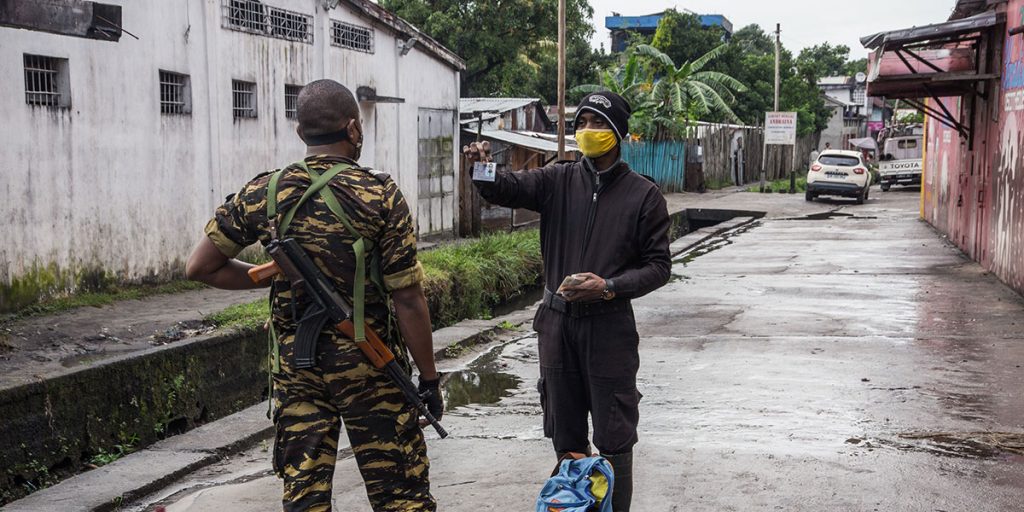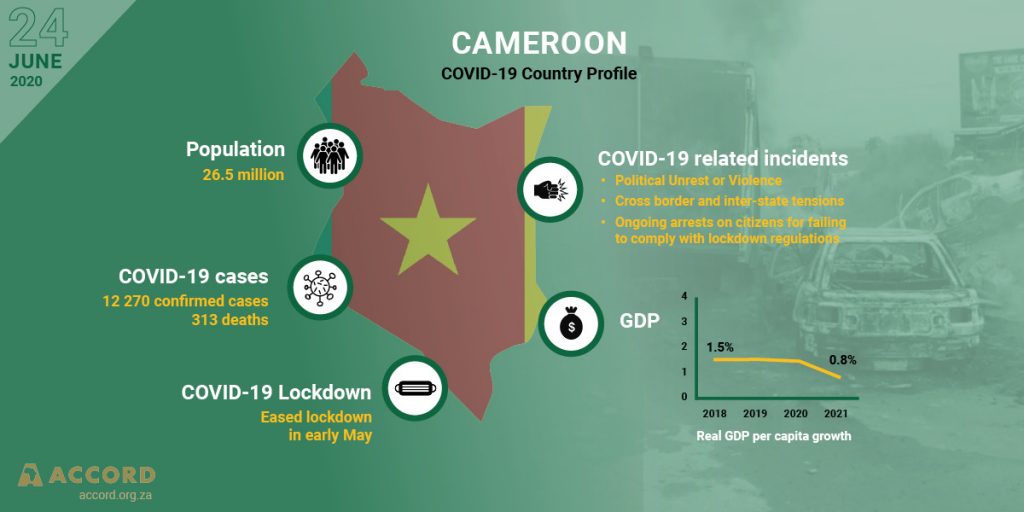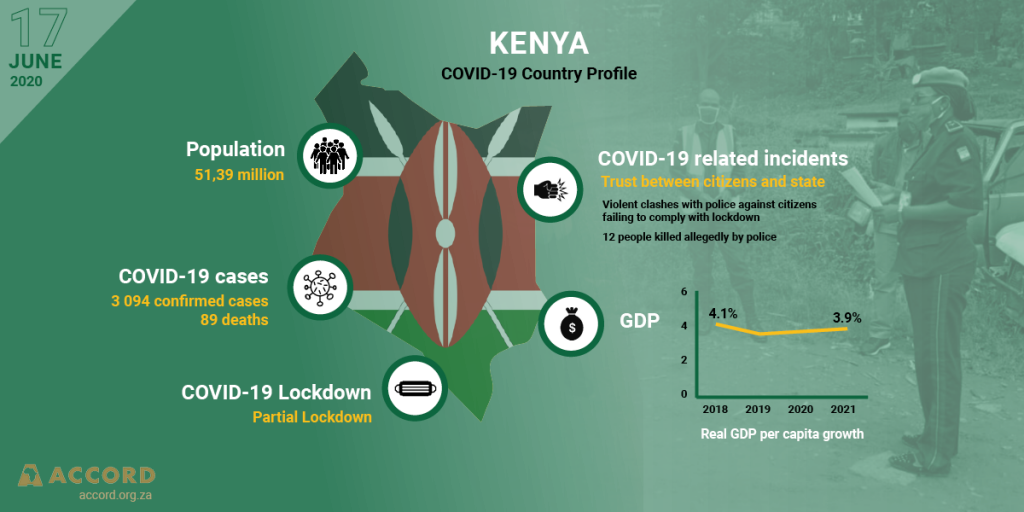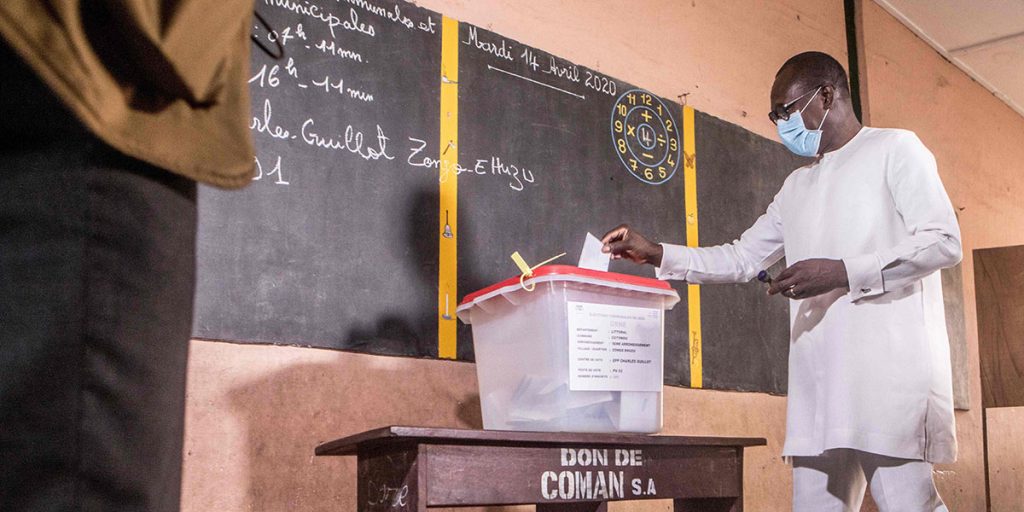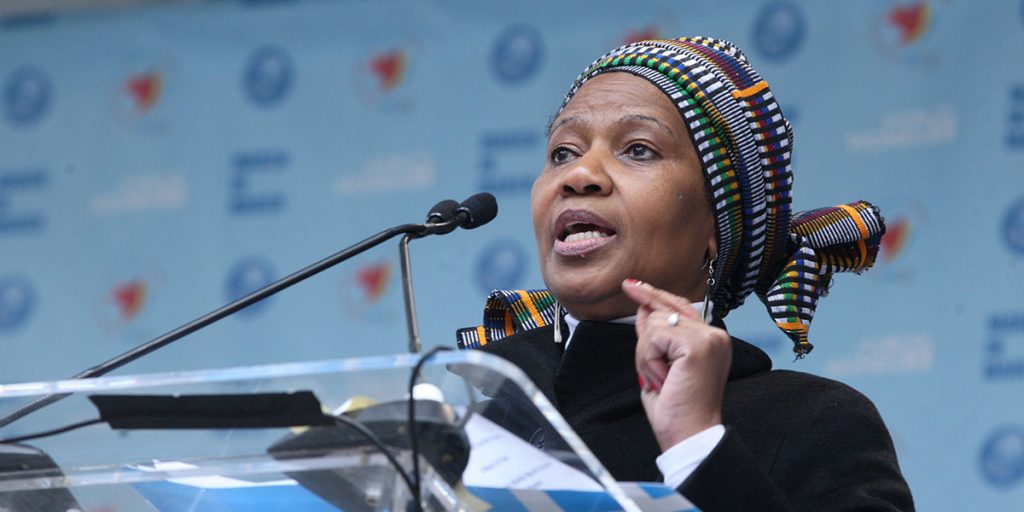
Gender equality needed to address COVID-19 in conflict and peace
If we do not change the face of politics, if we continue to ignore the lessons of decades of women’s activism, if we continue to spend our resources on weapons rather than on social services, we will have a harder time recovering from this pandemic, preventing the next one, or overcoming the climate crisis. It is an easy choice to make.

